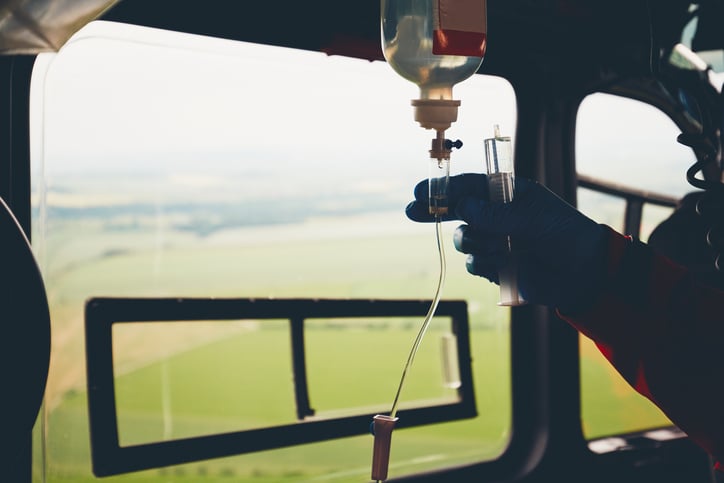As the healthcare sector continues to progress, the need for highly skilled Nursing professionals is more evident than ever. Pursuing further education in Nursing not only improves patient care but also provides opportunities for leadership positions, specialized practice, and increased compensation. For those contemplating an advanced Nursing degree, understanding the advantages and available pathways is needed for making an informed decision.
Benefits of Advanced Nursing Degrees
Increased Career Opportunities
A higher degree in Nursing expands your career options beyond bedside care. With an advanced degree, you can pursue roles such as Nurse Practitioner (NP), Clinical Nurse Specialist (CNS), Nurse Educator, or Healthcare Administrator. These positions often come with greater autonomy and influence in patient care and policy-making.
Higher Earning Potential
Advanced degrees often lead to higher salaries. According to the U.S. Bureau of Labor Statistics, Nurse Practitioners earn a median salary significantly higher than Registered Nurses (RNs). Leadership roles, such as Nurse Managers or Directors, also come with competitive compensation.
Specialization and Expertise
Advanced degrees allow Nurses to specialize in fields such as acute care, family practice, psychiatric-mental health, or informatics. Specialization enhances clinical expertise, making you a valuable asset in your chosen area.
Greater Job Satisfaction
With more knowledge and skills, advanced-degree Nurses often experience higher job satisfaction. Many find fulfillment in expanded roles that allow them to diagnose and treat patients, influence healthcare policies, and educate future Nurses.
Increased Autonomy
Nurse Practitioners, especially in states with full practice authority, can diagnose conditions, prescribe medications, and develop treatment plans without physician oversight. This level of independence is appealing to many Nurses looking for professional growth.
Paths to Higher Nursing Education
Master of Science in Nursing (MSN)
An MSN is a common choice for Nurses seeking advanced practice roles or leadership positions. Popular MSN specializations include:
-
Nurse Practitioner (NP) – Provides primary or specialized care.
-
Clinical Nurse Specialist (CNS) – Focuses on improving patient outcomes in a specific field.
-
Nurse Educator – Prepares Nurses for academic or clinical teaching roles.
-
Nurse Administrator – Trains Nurses for leadership in healthcare organizations.
Doctor of Nursing Practice (DNP)
A DNP is a terminal practice-focused degree for Nurses who want to lead in clinical practice, healthcare systems, or policy-making. DNP graduates often hold executive roles or shape healthcare improvements at a systemic level.
Doctor of Midwifery (D.Mid)
Some programs offer a Doctor of Midwifery degree, which is a terminal doctoral degree focused on midwifery practice and research. This advanced degree is designed for those who wish to deepen their expertise in the field of midwifery, emphasizing both the practical and theoretical aspects of the profession.
PhD in Nursing
A PhD in Nursing is a research-focused degree ideal for those interested in academia or conducting groundbreaking studies to advance Nursing science. PhD Nurses contribute to evidence-based practice and improve patient care through research.
Post-Master’s Certificates
For Nurses who already hold an MSN, post-master’s certificates offer an opportunity to specialize in another area, such as psychiatric-mental health or gerontology, without pursuing another full degree.
Selecting the best degree depends on your career goals, interests, and financial situation. If direct patient care excites you, an NP program might be ideal. If you’re drawn to leadership, consider a DNP. If research and teaching are your passions, a PhD could be the right fit.
Advancing your Nursing education can open new career doors, increase your earning potential, and improve job satisfaction. Whether you choose an MSN, DNP, or PhD, each path offers unique benefits that can elevate your impact on healthcare. If you’re ready to take the next step, explore accredited programs and start planning your future in advanced Nursing today.



 Emergencies can happen anywhere and patients need to be transported to facilities via ambulance or flight. This is when
Emergencies can happen anywhere and patients need to be transported to facilities via ambulance or flight. This is when  Over the past few years, themed
Over the past few years, themed